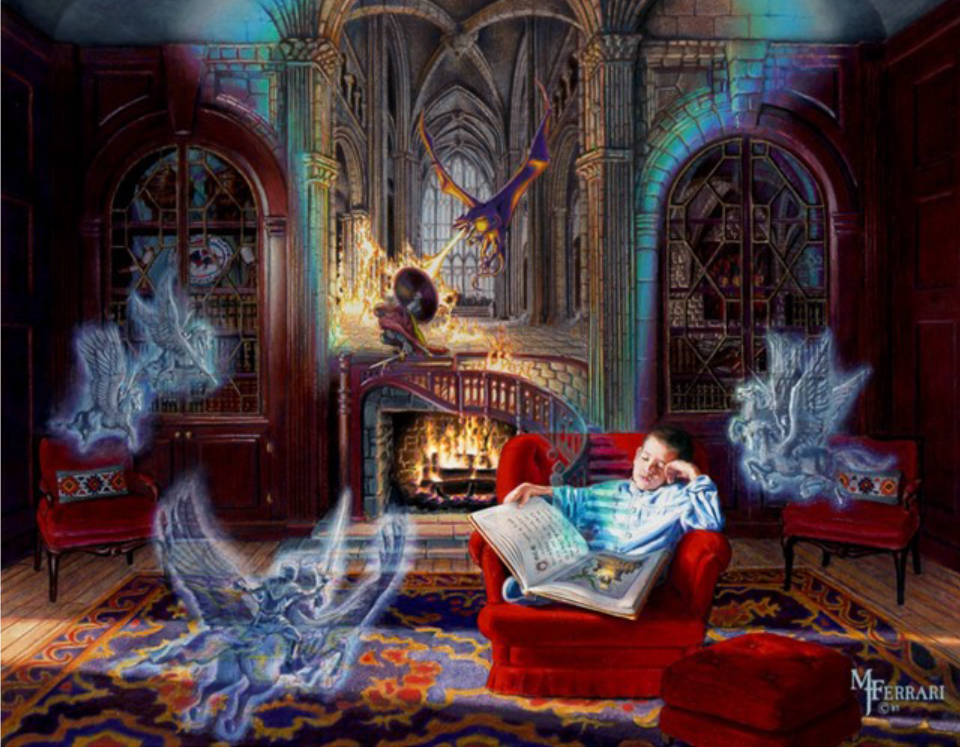Submitted by the Orcas Public Library
Birds build nests, bees make hives, snails secrete shells. Human beings create stories to live in. We literally live and die by them — waking and sleeping, from the day we’re born to the day we die — as communities and as individuals.
Join the library for an online Zoom program titled “At the Heart of Everything is Story,” at 6 p.m. on July 2.
Storytelling is not just frivolous entertainment for children, nor a civilized pastime for the literate elite. It is a hardwired function of the human mind, and among the most ancient, quintessential, and universal of human activities; one of the core distinctions separating us from all other animals. Nor did human storytelling spring from the invention of reading and writing, as some imagine. It was the other way around.
Our compulsion to invent and exchange stories has produced far more than instructive or inspirational narratives. Other animals find clever ways to make use of what they find around them. But very little in the human world today was simply ‘found’ on some hillside or riverbed. All of our myriad modern accouterments — from paper clips and wood screws to buildings, vehicles, clothing, and technology, even our highest theoretical sciences and philosophies—were ‘invented.’ No other animal we know of ‘invents’ this way. They ‘adopt’ or ‘adapt to’ what is already there, or to what comes along. Only we ‘invent’ what never was, and tangibly create what would otherwise never have ‘come along,’ changing and creating the world itself in the process — for better and for worse. And storytelling — in its broadest sense — is an essential part of how we’ve done that. Virtually everything we have created appeared somewhere in our stories before it ever appeared in ‘real life.’ Most of the great social and political events in history — good or bad — were actually crises or achievements of communal storytelling.
It’s easy to assume that libraries are primarily about ‘literature,’ and, by extension, reading and writing. But they are actually so much more than that. At a far more fundamental level, they are the human community’s ‘story repositories.’ And just as storytelling in all its countless forms has engendered and shaped so much of who we are today, it will also make us whatever we are yet to be. Or so believes Mark Ferrari, local author and commercial illustrator, who will reflect on some of this view’s many implications.
The event is limited to 100 participants. To receive the program’s link and details email Mary Pugh, mpugh@orcaslibrary.org.



